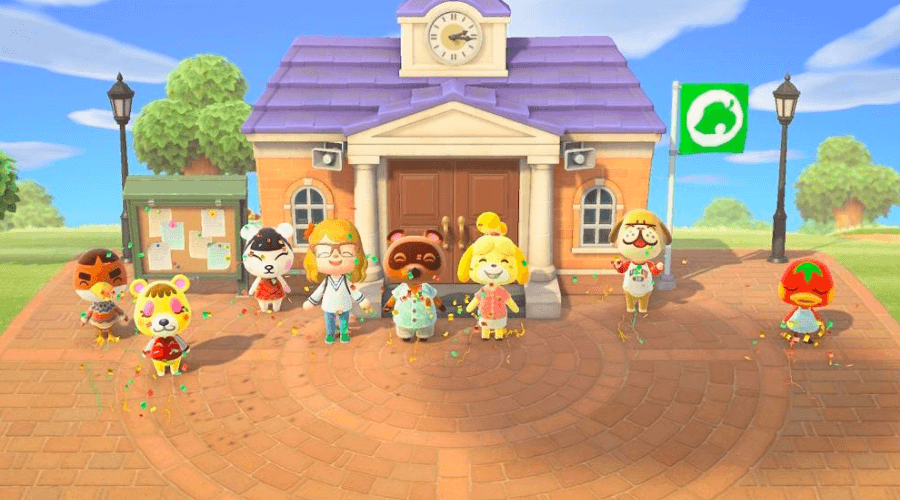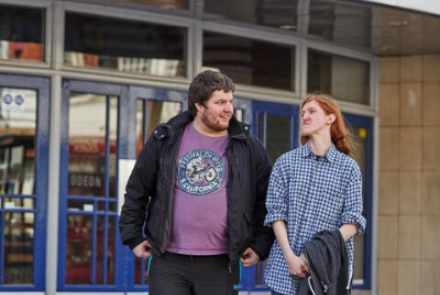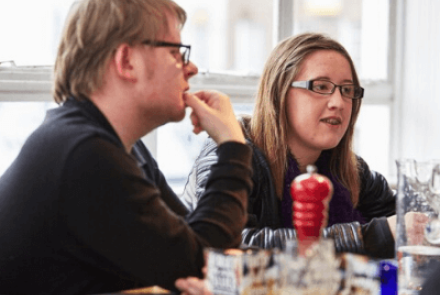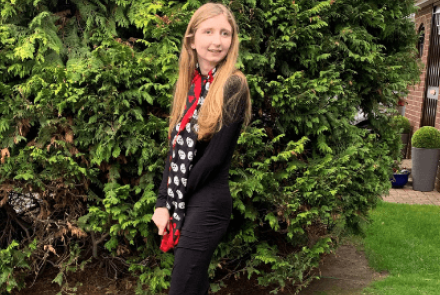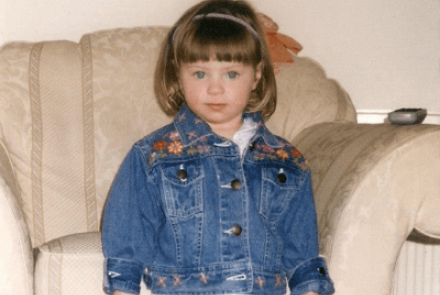Island living in a pandemic
Sometimes things come at the times that we need them. For a lot of autistic people, the release of Animal Crossing: New Horizons just as the UK headed into lockdown was the relief we needed when things got harder.
For many of us, Animal Crossing is a game filled with nostalgia for whenever we joined the game and whichever console or time in our life it occupied. For some it was Nintendo 64, Nintendo DS, Pocket Camp on their phone and every offshoot in-between, reviving childhood joy. Animal Crossing has enough parallels with the real world to be relatable but immersive enough that you can enjoy an escape while slaving away at a mortgage for a tenacious raccoon.
When reality is a harder place to exist, your routine is disrupted, and you may not be able to enjoy or access your special interests as much as you’re used to. The world you curate in Animal Crossing allows this and more. In New Horizons you become the ‘Resident Representative’ for your deserted island, dictating the placement of property, residents of the island and building collections of your findings. The world becomes yours to mould and shape. Routine is built into every aspect of New Horizons, the shop times are fixed, fish and insects are available at certain times, turnips are sold on Sunday and each day there are new but familiar tasks to complete.
Many autistic people have pursued their real-life passions in Animal Crossing, a game that fits furniture, neighbours, clothes and island design into neat categories and aesthetics that enable you to choose anything from medieval design through to modern city or true island getaway. Where in reality someone might be questioned or judged for the way they dress, in this digital haven they can now dress according to their special interest or explore designs they would be too scared to otherwise.
For Youth Patron Georgia the routine that island living provides has really helped structure her day, preventing it from becoming a haze and blurring into another. It has also helped her to meet friends and remain social whilst unable to physically see people.
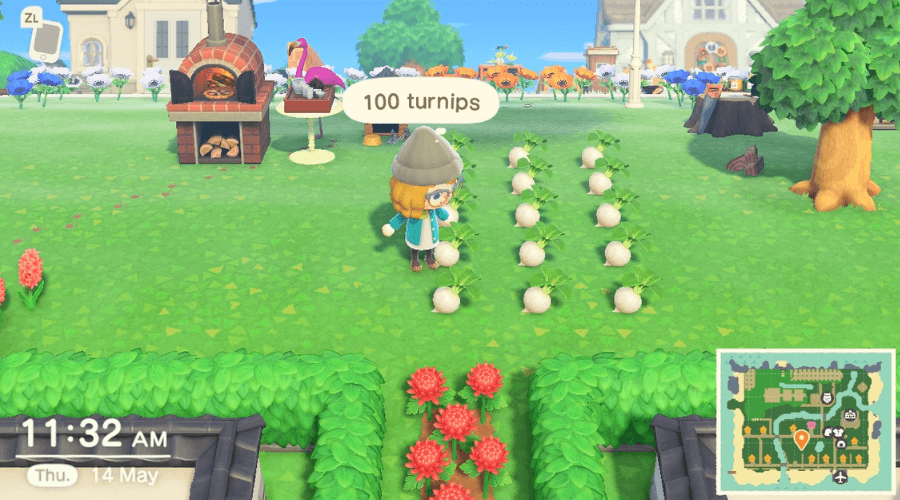
“Sunday as turnip day has become weirdly important now the days are all the same.” - Georgia
For her it’s not just visiting each other’s islands but being able to have conversations that don’t focus on what is currently happening, through Animal Crossing and turnip group chats. When it’s difficult to picture a future, Animal Crossing delivers a compelling present in which you have reliable rules but always the opportunity to find out more and grow. Curating your island is treated as a marathon not a sprint, something incredibly reassuring as we’re currently in the marathon of figuring out the best way to exist in the outside world.
Georgia added: “The biggest thing though is just that there's always something new to achieve and to work towards - my island, house, clothes or non-existent bug collection can always improve, and at a time when I find it difficult to really see a future, it's so reassuring and motivating to have that sort of long-term project stretching out indefinitely!”
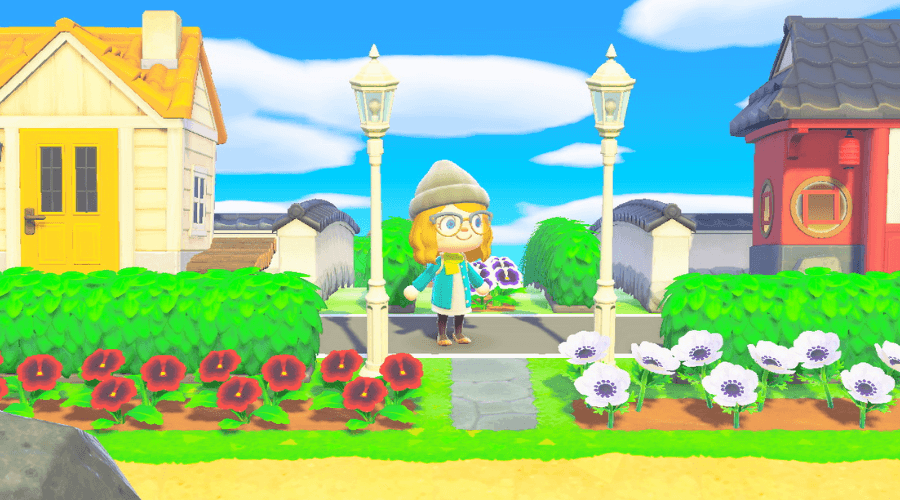
While physically distancing ourselves from others and only seeing those living in our household in person, we needed a way to fill the gaps in how we socialise. The world was closing off around us and becoming more intimidating to venture into, but we can venture into our friends’ virtual worlds, visiting their islands and enjoying how they’ve crafted an island that fits their needs and wants. Animal Crossing has allowed autistic young people to keep in touch in a way that isn’t easy through all of these Zoom quizzes, video calls, phone calls and traditional messaging.
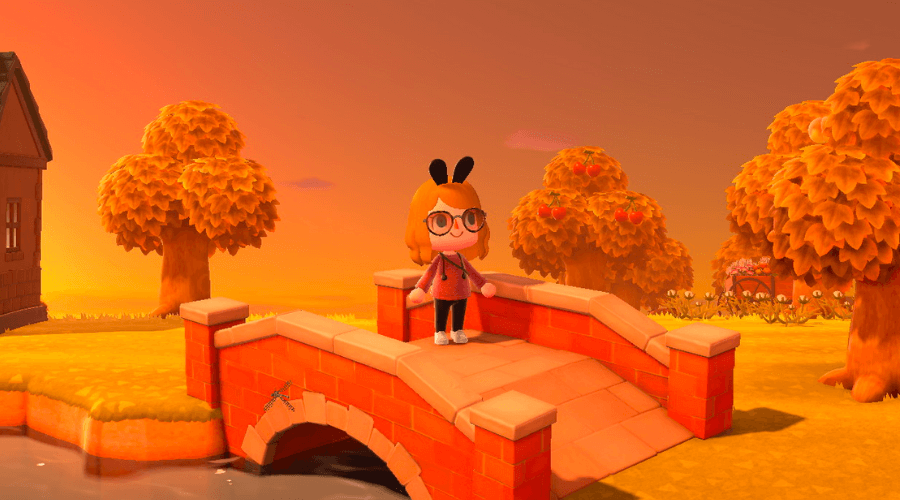
Expressing yourself without judgement
Animal Crossing allows autistic young people to express themselves however they feel most comfortable. This could be collecting cool objects or curating a space that is special for you. There is not end to the possibilities of how you can arrange your house or island.
Youth Council member Josefina, who uprooted to fly to her family’s home in Chile just before lockdown, says she has been able to be her ‘most authentic autistic self’ playing Animal Crossing. Her island is named after her cat, Puru.
She said: “I love being able to curate a space in order to show who I am in ways that words can’t really express but that you “get” simply by looking around.”
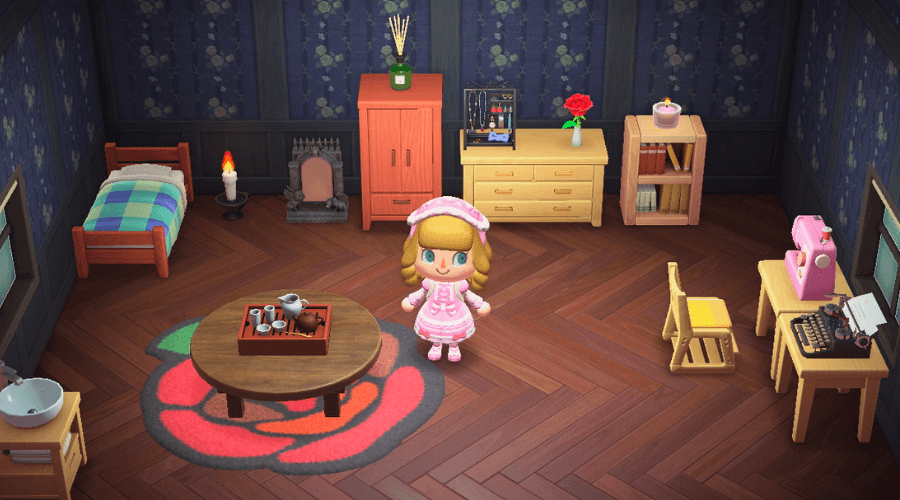
Strong community
In the world of New Horizons, a strong community has been forged, one that has created its own rule structure and support system. No matter how you decide to play you can find a group that includes you. Your island can be a place without any social expectations at all, or you can fill it with your favourite characters, or hang out with friends. The characters in the game gently encourage you to take parts in the aspects of living together but ultimately, it’s up to the player how they live out their island life. There is no wrong way to play the game because there is no end except your satisfaction with what you create.
Ultimately, having this safe online escape that you can control over came at the perfect time when it felt that the world took all control away from autistic people.
About the author
Sarah is Participation and Policy Officer at Ambitious about Autism, she’s autistic herself and has seen how the online game has been a relief for the Youth Patrons she works with during the lockdown.

